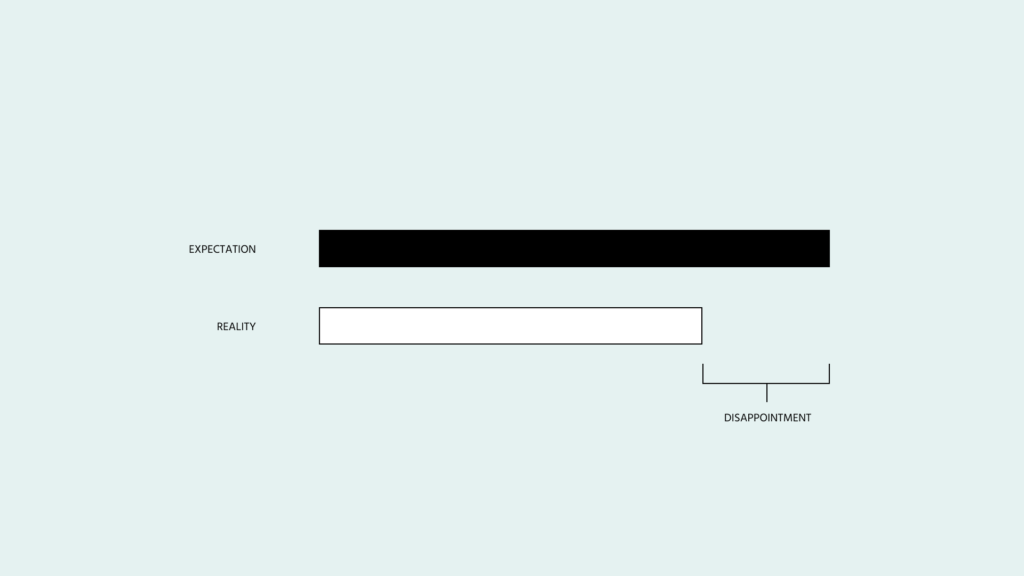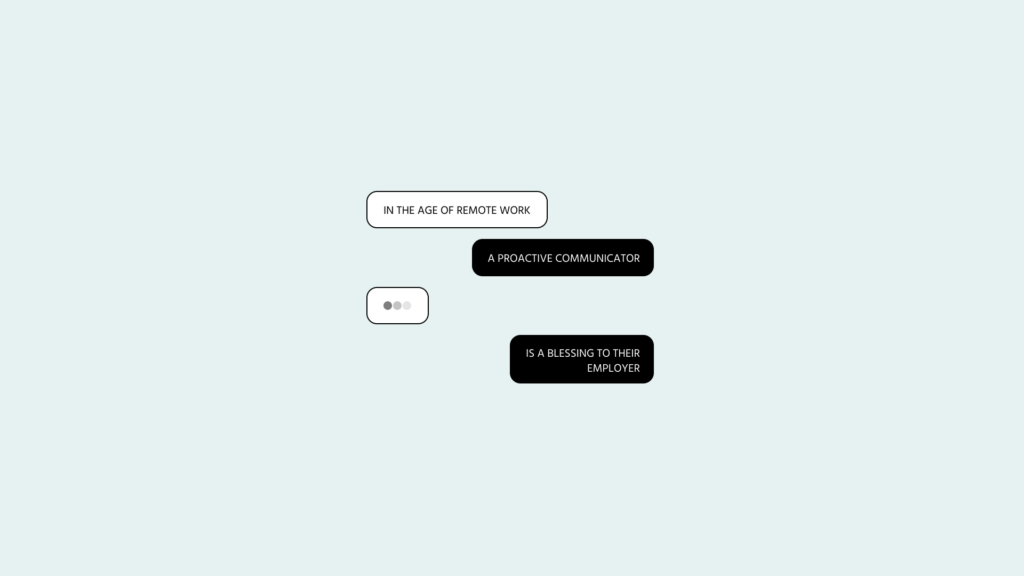This is part two in a series on cultivating integrity as a remote worker. Read part one, When No One Is Watching: The Heart of a Christian Remote Worker.
Listen to this article:
Yahoo CEO Marissa Mayer famously banned remote work in 2013 based on server logs that showed remote employees were not checking their email as much as she thought they should. In his book Deep Work, Cal Newport summarized the message Mayer’s ban communicated to employees: “‘If you’re not visibly busy,’ she signaled, ‘I’ll assume you’re not productive.'”
Hopefully, since 2013 employers have learned “number of emails sent” is a terrible way to measure productivity. But even with a rise in remote work, there’s still tension between remote workers and employers. Lack of visibility leaves employers concerned if employees really are being productive at home, and it can leave employees feeling untrusted and frustrated.
As Christians, we should seek to be a blessing to our employers. Here are two ways Christians working from home can bless their employer and increase trust all while honoring God.
Clarify Expectations
Unclear expectations are the greatest source of problems in any relationship. This is no less true in the employee-employer relationship either.
I’m guessing even if your company has tried to clarify expectations for remote work, there’s still much that is unclear. And likely, if your employer is new to remote work, previously communicated expectations may have shifted in the last year and a half, especially if your boss is working from home themselves.
If you want clarity, the best way to get it is to ask. Ask your boss exactly what the expectations are.
- How often do they want updates?
- Is it okay to take a couple hours off if you make them up in the evening?
- How are they evaluating productivity?
Having a frank discussion about expectations is a sure path to a more trusting relationship and less disappointment.

You may be far exceeding their expectations or violating an expectation you never knew they had. Though you may be striving to meet God’s standards for your work, often the only way to discover if you are meeting your employer’s standards is to ask.
As an aside, if you are someone who manages remote workers, it’s incredibly helpful to err on the side of overcommunicating expectations. And make sure you do it in a way where both the worker with the propensity for slacking and the one who is prone to working too much are crystal clear on your expectations. That’s good leadership.
Proactively Communicate
Whoever walks in integrity walks securely, but he who makes his ways crooked will be found out.
Proverbs 10:9
More than anything else remote work is about trust. That’s why integrity is so important.
Remote employees who respect the arrangement instead of trying to exploit it will be rewarded with greater latitude. But sometimes we fear that our employer doesn’t realize just how much we are doing. And truly, most of what you do will likely go unseen. Proactive communication, however, is a way to both serve your boss and yourself by giving them visibility into your work.
Put yourself in your boss’s shoes for a moment. He or she is responsible to someone for your output, but they cannot see you. They have no idea what you’re doing with your time. And at the same time, they probably don’t want to constantly be nagging you for updates. It’s a tough spot to be in.
What a great chance to serve them well and save yourself a lot of grief! All you need to do is be a proactive communicator. In the age of remote work, a proactive communicator is a blessing to their employer.

Here are a few ways you can be a proactive communicator:
- At the beginning of the week, message your boss and say, “Here are my top 3 items for the week, anything I should add or remove?”
- When you need a break, don’t sneak away, give them a heads up. “Hey I need to clear my head. I’m going to go walk the dog around the block. I’ll be offline for the next 15 minutes.”
- When you mess up, communicate it as soon as possible. Don’t leave them in the dark. “I goofed up. I’m double-booked for our 1 o’clock, can we move it?”
Anticipate your boss’s needs and questions then act or answer before they even have a chance to ask. Obviously, don’t be annoying here. But as someone who has managed people, over-communication from my reports was something I never complained about. It was those who proactively communicated who earned my trust.
Conclusion
Remote work presents unique challenges, but it also presents unique opportunities to bring glory to God in our workplaces. Let’s shine brightly for Christ by being people who are a blessing to our employers, whose work is marked by integrity, and whose character is never in doubt.


Proactively is misspelled in the title: Practively Communicate
????♂️ Thanks for letting me know, Nathan. Fixed!
Great article! I love the idea of emailing your boss with your top 3 to dos at the beginning of the week!
Thanks for these articles… I am so uplifted at the thought of being your best self at work, strictly to glorify God!
So glad the articles are a blessing to you!